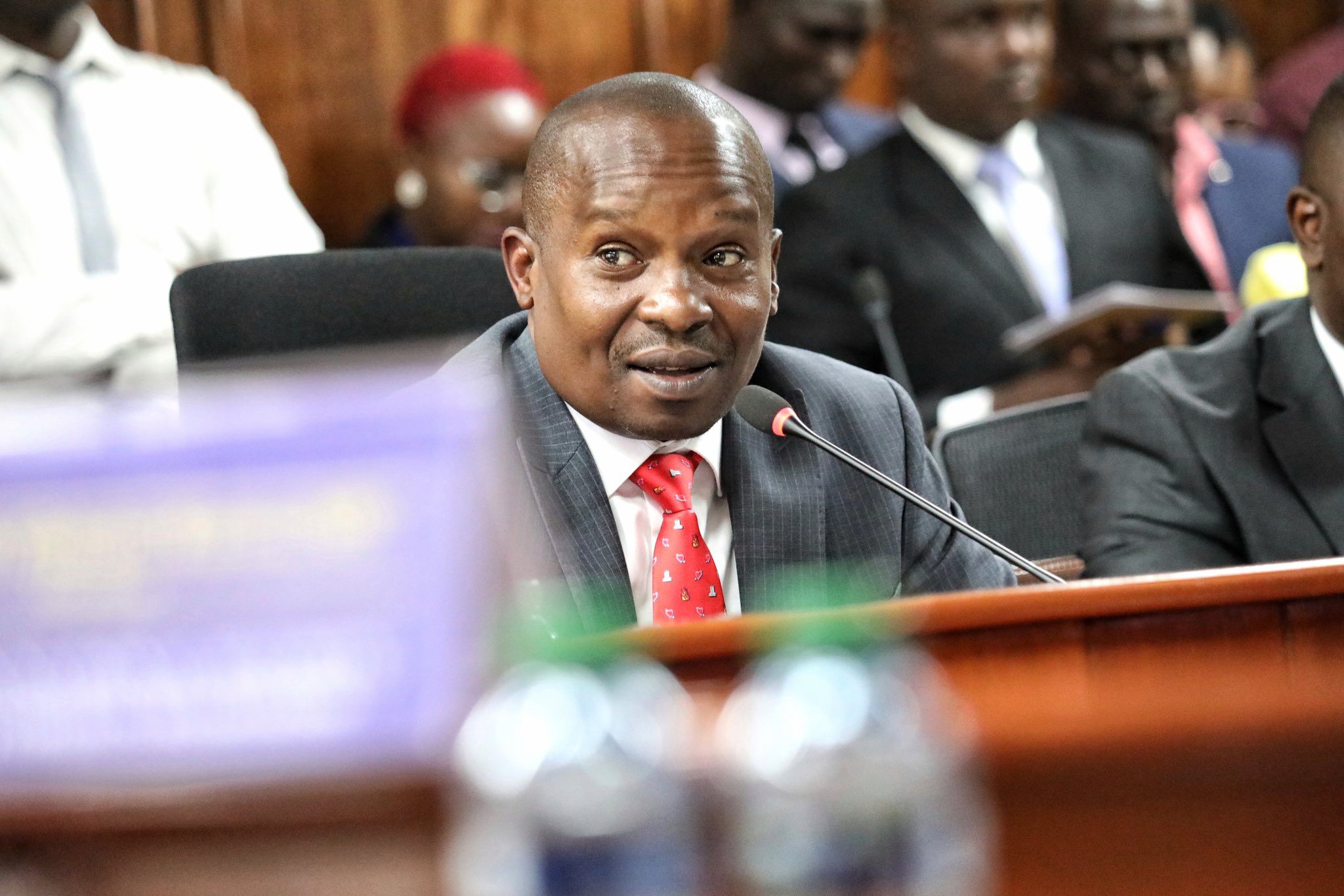
The guidelines, which were gazetted through CA’s Director General, Francis Wangusi, put strict measures on the devices that can be imported into Kenya.
Three Year Aftersales Support
To start off, the authority states that all cellular devices (both smartphones and features phones) can only be imported by licensed telecommunications vendors and before the devices are distributed into the market, the vendor must provide a sample device to CA for testing and approval.
The guidelines further require that devices sold locally must have a user manual (physical or electronic) accompanying the device. The vendors are also required to provide at least one year warranty and to ensure the availability of aftersales support for a further two years period for each mobile device sold, bringing the total number of support to three years.
Fake Devices
Taking a swing at counterfeit devices that make their way into the Kenyan market, CA requires that the manufacturer’s brand or identification mark shall be printed on the mobile device in indelible ink that is readily visible and legible. Further, the authority has put a nozzle on the battery capacity of devices being sold locally, noting that any device with less than eight hours talk-time and 24 hours standby time are not allowed into the country.
Interestingly, the regulations also highlight that mobile devices being sold locally must have the capability of setting the ringtone volume to loud, vibrate and silent.
“Additional Software”
Among the list of regulations, is one point that is open to misinterpretation. Section 4.3.5, reads, “A mobile cellular device shall allow for installation of additional software and updates.”
In the age of data privacy and governments spying on their own citizens, this statement raises an eyebrow. We note that CA has not clarified what is classified as “additional software” or who is to provide this software, but they could just be simply referring to apps since those are software as well.
We, however, cannot ignore the implications of such a vague and undefined statement, hence we reached out to the authority for clarification but at the time of going to press, we were still waiting for an official response.
UPDATE (Response from CA):
“The purpose of these Guidelines is to outline to vendors the minimum features and technical specifications for phones they sell in Kenya. Once the vendor sells the phone, the control changes to the consumer. Consumers should have the flexibility of customizing their phones to take care of their special needs. So software update is to make the phone respond to consumer needs. For example, if a consumer has challenges in seeing, she/he may wish to use the SMS messaging service, which is text based, through voice by installing a text-to-voice software.”
What About the Grey Market?
One question that arises from these new regulations is whether unofficial vendors such as Avechi and other online shops who sell brands like OnePlus and Google Pixel locally will feel the heat, seeing that they do not have official manufacturer support to sell such devices in this region. It is also not clear what effect these guidelines have on an individual importing a device for personal use.
There’s the possibility of certain phones going from unique brands without local support to full-blown contrabands.

















